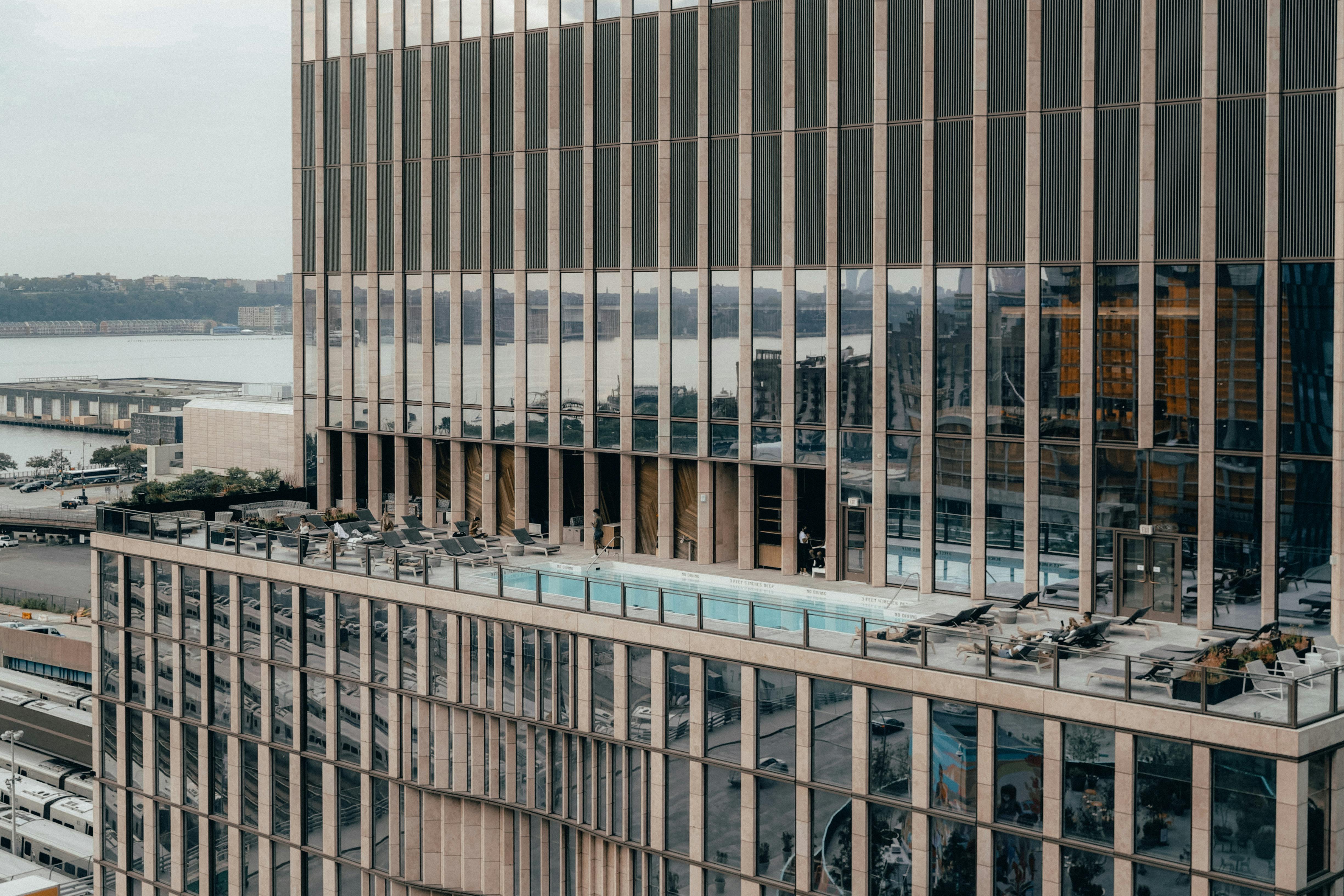Buying an apartment in the center of Paris is a prohibitive task for the financially conservative, but for the wealthy it can be the most exciting experience. Being in the center of the city means having access to everything that shines in neon lights, buildings, shops, museums, art, architecture, theaters and much more.
processes
Offer and acceptance
- As in all purchase transactions in France, the first step in the purchase process is for the buyer to make an offer to purchase a house, apartment, villa or condominium, etc.
- The offer must be accepted, and if the owner accepts, two types of agreements can be signed: a promise of sale gold hassale commitment.
- The promise of sale allows the owner to sell the property to the buyer at a certain price, but keeps the option open for 2 or 3 months. After signing the agreement, the buyer pays a deposit of 10% of the total purchase price. The owner cannot sell the property during this time, but if the buyer decides to withdraw, he will lose the 10% deposit already paid.
- Tea sale commitment it allows the buyer and seller to agree on a price and the buyer pays the 10% deposit indicating the buyer’s commitment to buy. Either party can claim damages in court if they decide to back out of the deal.
- Both types of agreements have a 7-day “cooling off” period during which the buyer can withdraw from the purchase without penalty.
Contract check
Before signing the agreement, it is crucial that it is thoroughly checked to ensure that it contains all the details of everything that is the subject of the sale, such as:
- adjoining buildings
- Installations and accessories
- Electricity, Gas and Pest and Hazardous Material Deficiency Reports
- The inclusion of conditional or escape clauses
after signing
- The notary will carry out investigations of 3 months or more on any legal, financial or other claims on the property and, simultaneously, a completion date can be set to sign the deed of sale (act of sale)
- As the investigation progresses, an architect or surveyor may be called in at this time to carry out a structural overview of the buildings to substantiate value and ensure safety.
- It would also be prudent to consult the notary before signing the deed of sale about what will happen to the property in the future. In France, real estate owned by parents always passes to children, even those owned by foreigners, but it would not hurt to be absolutely sure of this.
The costs
The main costs associated with any real estate transaction include:
- Notary fees set by the French Minister of Justice at 5% or up to €45,735 plus a commission of 3.5%.
- All or part of the real estate agent’s fees which can be up to 10% of the purchase price.
- 2 types of taxes: territorial tax or tax foncière and local taxes or tax d’habitation that expire on January 1 of each year. The amount is usually paid pro rata.
The Deed of Sale
- After all the searches and investigations have been completed, and the funds are in hand to pay for the accommodation, everything is ready to approach the notary’s office to sign the deed of sale or act of sale.
- The foreign buyer may require the presence of a translator during the signing so that the document read aloud can be translated on the spot before signing the contract.
- After signing the agreement, payment of fees and taxes can be processed to complete the transaction.
- Once all these steps are completed, the deeds of purchase will be entered in the Land Registry books and the buyer will become the new owner of real estate in France.
—
